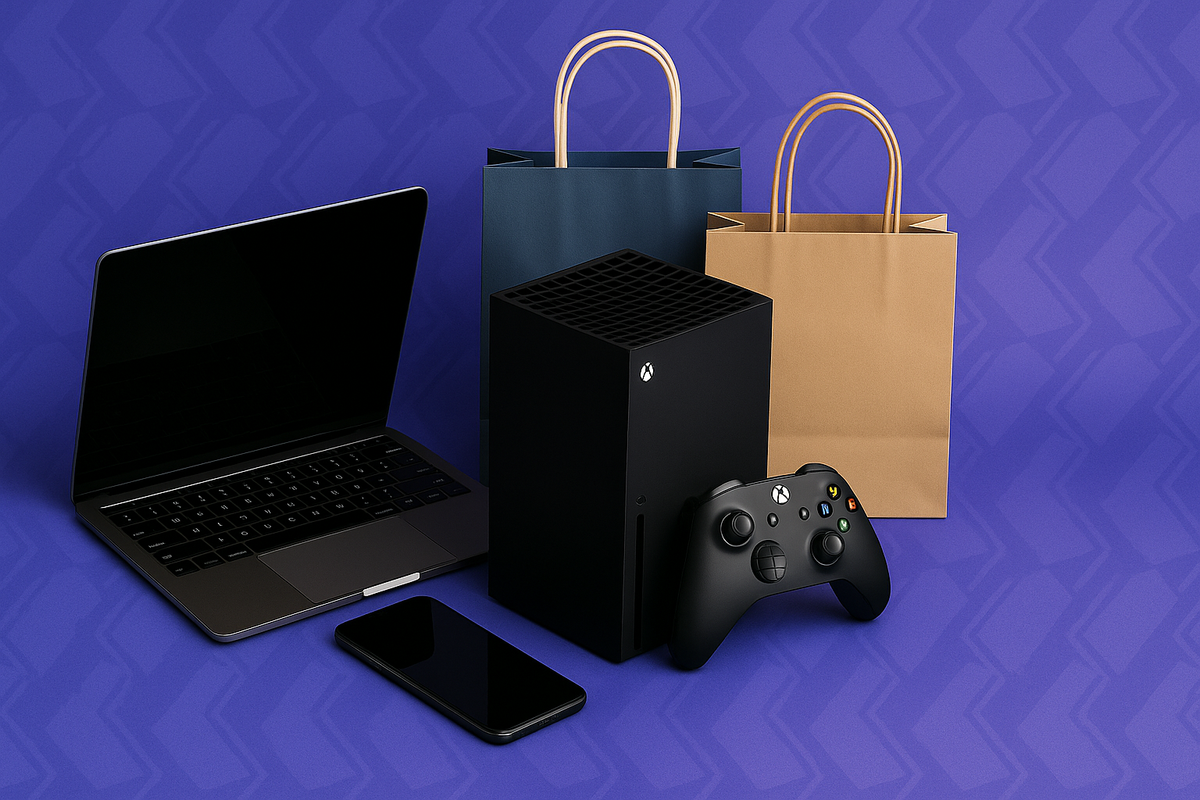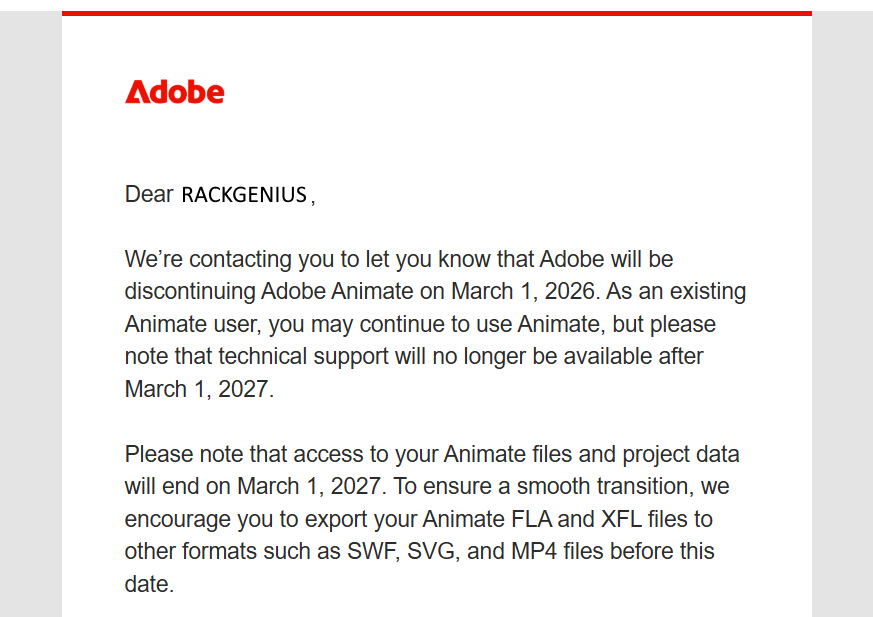That “Deal” Might Be a Trap: How to Shop Smart Online in 2025

Online shopping can be awesome, but it’s also a battlefield if you’re not careful.
With more people using sites like Facebook Marketplace and eBay to find tech, gaming consoles, and other gear, scammers are getting bolder. And if you’ve ever been burned, you know how frustrating it is. We’re talking ghost sellers, sketchy payment requests, and listings that seem real... until they’re not.
Let’s break down what’s happening out there, how to spot the red flags, and what to do before you hit send.
💸 More Sellers, More Scams
It’s easier than ever to list something online. That’s not always a good thing.
A lot of people are flipping items or clearing out old stuff, but there’s a growing number of scammers pretending to be real sellers. The problem is they know how to talk the talk. They’ll message you like a normal person, act friendly, and then disappear once the money’s sent.
And when you’re buying tech, it gets riskier. That Xbox deal might sound amazing, but is it real? That GPU might have a great price, but where did it actually come from?
🧠 What to Watch Out For
If you're browsing eBay or Marketplace and something feels off, trust your gut. Here are a few common red flags:
- They ask you to leave the platform. If someone tells you to message them outside of eBay or says let’s do this on CashApp, that’s almost always a scam.
- They prefer risky payment methods. CashApp, Zelle, Venmo — these are great for sending money to people you trust. Not for strangers.
- The price is way too good. A $550 item for $200? Be serious.
- Their profile looks brand new or has no history. That’s not someone you want to trust with your money.
🔐 Tips to Actually Shop Safer
Online deals can still be solid if you know how to play it smart. Here's what works:
1. Stick to official checkout systems
If you’re on eBay, pay through eBay. If you’re meeting someone from Facebook Marketplace, meet in person at a public place.
2. Avoid sending money without buyer protection
Use PayPal Goods & Services or another method that has built-in support if things go sideways.
3. Ask questions and trust your instincts
Scammers usually get cagey when you ask too much. If they rush you or pressure you, don’t go through with it.
4. Screenshot everything
Save messages, profiles, payment confirmations — anything that can help if you do need to report it later.
🧩 So Why Are We Talking About This?
At RackGenius, we talk a lot about protecting your hosting and websites. But your personal security matters too. Whether you're buying a server, a console, or anything online, it's all connected.
Online shopping isn’t what it used to be. Stay sharp, do your homework, and always think twice before sending your money off into the void.





